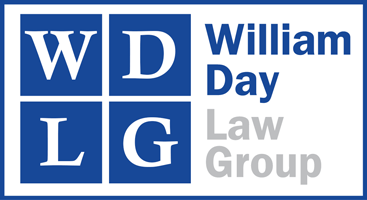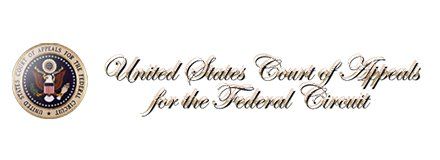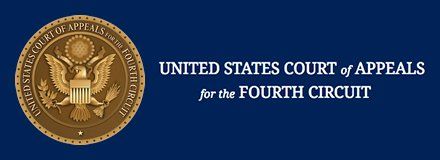PRACTICE AREAS
BLOG CATEGORIES
ASSOCIATIONS
What Is the First Step in Estate Planning?

As a Maryland attorney with 18 years of experience, let me simplify the concept of estate planning for you. Imagine you're creating a roadmap for your family to follow once you're not there to guide them. It's not just for the wealthy or elderly, but for anyone who has something of value to pass on, whether it’s heirlooms, a car, a home, or a savings account.
The First Step in Estate Planning
The journey starts with making a list. Write down everything you own and owe, like your home, car, life insurance, retirement funds, and any debts. It’s like taking stock of your life's collection.
Choosing Your Captain
Next, think about who you want to be the captain of your ship, steering it to the right ports after you’re gone. This person is your executor, and they’ll ensure your treasures are handed out just as you wish and all your bills are paid.
Mapping Your Wishes
Now, it's time to draw your treasure map – that’s your will. It’s a document where you put down in words how you want your things to be divided and who will take care of your kids. It needs your signature and the signatures of two witnesses to be legally strong.
Avoiding Choppy Waters
To avoid the court stepping in and taking a long time to distribute your assets (that’s called probate), you might consider setting up a living trust. It’s like a safety deposit box that only opens when you can’t manage your affairs or after you pass away. It's private and swift, ensuring your loved ones get their inheritance without delay or public scrutiny.
Understanding Probate
Probate is like an official audit of your estate by the court. It can be a slow and public process, and it can eat into the inheritance you leave behind. That's why planning ahead is crucial.
Frequently Asked Questions
What's the very first step in estate planning?
The very first step is to create a will where you list your possessions and decide who gets what, including who will look after your children.
What shouldn’t you put in a will?
Avoid funeral instructions or leaving things to pets in your will. Instead, talk to a trusted person about these matters.
How can you skip the probate process?
Start your estate planning early, use a living trust, and make sure your accounts have named beneficiaries.
What are the key parts of estate planning?
Remember these five things: a will, a trust, a financial power of attorney, a health care directive, and beneficiary designations.
Why is this all important?
Because you care about your family's future. An experienced attorney can make sure your estate plan is solid, so you can rest easy knowing your loved ones will be taken care of according to your wishes.








